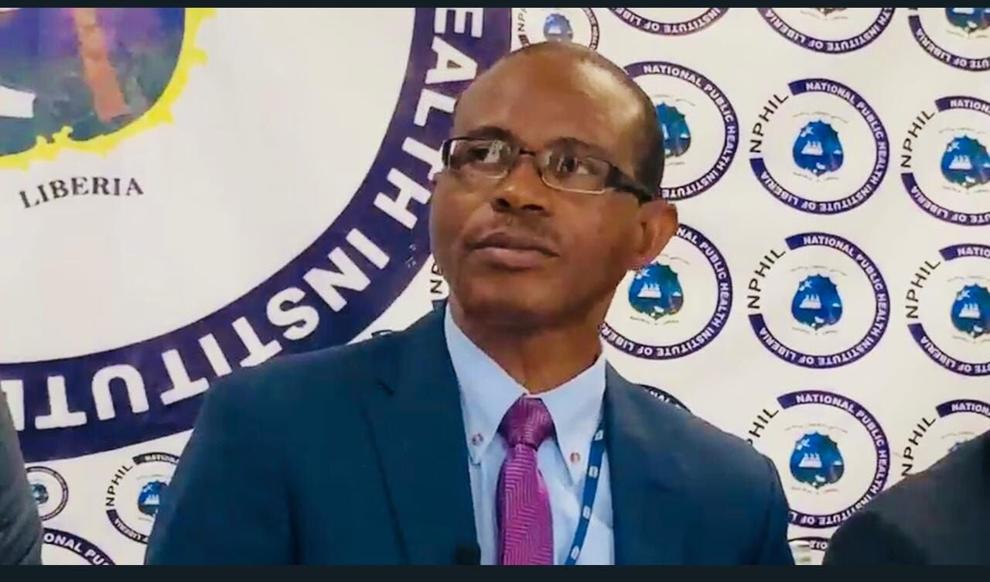The National Public Health Institute of Liberia (NPHIL) has recently confirmed a case of Monkeypox, referred to as Mpox, in Sinoe County, southeast Liberia. This announcement was made by NPHIL Director General Dr. Dougbeh Chris Nyan during a press conference held on September 2, 2024. The confirmation follows a global declaration by the World Health Organization (WHO) highlighting monkeypox as a significant health threat. The detected case involves a young girl, marking the official acknowledgment of a virus that has not been reported in Liberia since the 1970s but has seen a resurgence across Africa, particularly in countries such as Congo and Nigeria.
Dr. Nyan reported that NPHIL conducted six tests on suspected cases linked to monkeypox, with only one returning positive. He emphasized the importance of enhancing surveillance measures not only within Liberia but also alongside its borders in neighboring countries including Ivory Coast, Guinea, and Sierra Leone. This proactive approach aims to contain the outbreak and prevent the virus from spreading further. Dr. Nyan reassured the public that the situation is under control, as the case in Sinoe County did not involve any travel outside Liberia, mitigating concerns about international transmission.
The NPHIL has put significant effort into developing a robust surveillance system throughout the country. Drawing on lessons from the Ebola outbreak—which claimed many lives partly due to insufficient public knowledge—NPHIL is committed to providing transparent and clear information to educate the public about monkeypox. Dr. Nyan highlighted the need for an informed populace as key to managing health emergencies. This effort includes regular updates on the situation and guidance on preventive measures.
In addition to enhancing surveillance, NPHIL is actively seeking vaccines and testing kits through collaboration with various health organizations, including the WHO, the West African Health Organization (WAHO), and USAID. These partnerships are crucial for bolstering Liberia’s capacity to respond effectively to the monkeypox cases. The need for adequate resources underscores the serious nature of the public health threat posed by the virus and the necessity of being prepared to address potential escalations in cases.
NPHIL’s Incident Management Team has already taken essential steps in surveillance, having visited key entry points such as the Free Port of Monrovia and Roberts International Airport. Dr. Nyan mentioned plans to extend these efforts to other border areas throughout the country to ensure comprehensive monitoring and enforcement of health protocols. The role of local health practitioners has never been more critical, as their experience and knowledge can significantly influence the effectiveness of the response to this viral infection.
In conclusion, although the confirmation of a monkeypox case presents challenges for Liberia, the proactive measures taken by NPHIL and its partnerships with international health organizations demonstrate a strong commitment to public health. By educating the community, improving surveillance, and securing necessary vaccines and testing kits, NPHIL aims to manage the current situation effectively and maintain public safety. Dr. Nyan urged the public to remain calm while reassuring them that sufficient resources and plans are in place to tackle the monkeypox virus head-on.


